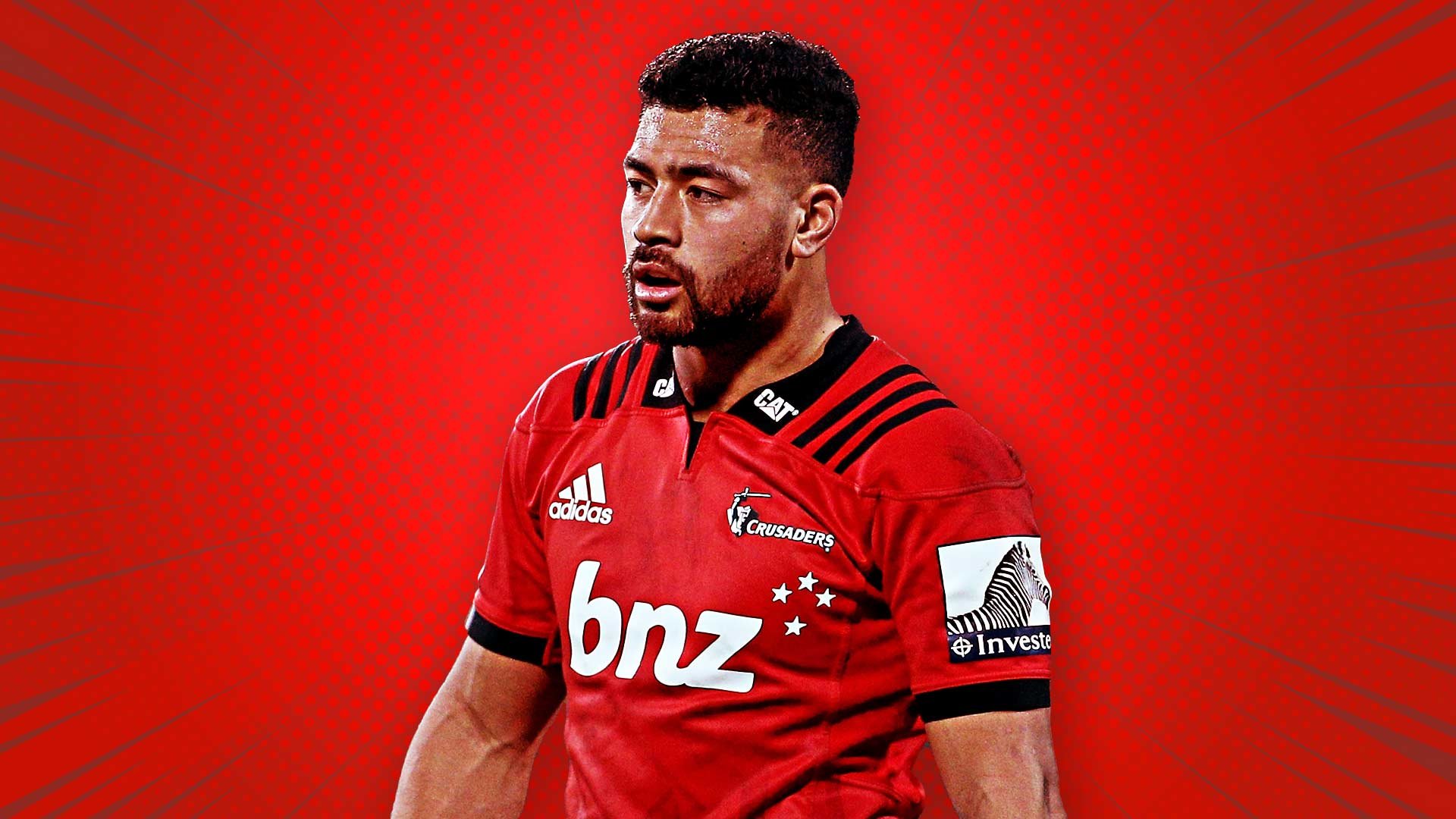Making room for Mo'unga

Prior to the All Blacks’ June tests against France, there was considerable discussion surrounding who should back up Beauden Barrett in the matchday squad.
Damian McKenzie, with 9 tests to his name (albeit all at fullback), was seen by many as the incumbent – a player with not dissimilar skills to Barrett, namely blinding pace and dangerous on the counterattack, but many punters suggested that the uncapped Richie Mo’unga was perhaps the steadier, more reliable option. The tests came and went, and it was clear who Steve Hansen and his assistant coaches viewed as second in line.
A punishing head knock meant that Barrett sat out the final 150 minutes of the tour and in his place came McKenzie, who was somewhat of a mixed bag. In the second test, moments of brilliance followed by moments of despair caused some commotion in the media, with many suggesting that McKenzie was not the man for the job. McKenzie retained his place for the final match and delivered a much more assured performance on the back of a considerably more dominant display from the All Blacks forwards.
In his first two tests at first five, McKenzie showed enough to the All Black coaches to suggest that he could take the reins from Barrett if necessary – but his occasional lapses of control will still give the wise men some food for thought.
In the Super Rugby quarter-final match between the Hurricanes and the Chiefs, McKenzie threw two intercept passes – both which should have resulted in tries to the home team. Many will argue that players like McKenzie will inevitably make errors, but their flair and creativity still trump the negatives. Of course, a game of rugby is only 80 minutes long – and sometimes you don’t need to take a risk and try the impossible at first five, you just need to guide the team to victory.
The biggest problem for many people is that McKenzie, even when playing at 10, still operates like a fullback – running sideways and scouting for opportunities to slip through the line. His opportunity to run circles around the opposition is stymied when he plays at first receiver and, even though his effectiveness is limited, he still tries to pull the same kind of plays that only regularly work in open space.
Of course, this is a problem that’s not just limited to Damian McKenzie. Beauden Barrett, the incumbent 10, also plays the game more like a traditional fullback than a first five – and his effectiveness is also somewhat hampered when he’s as close to the action as he typically is. Barret is certainly a more experienced operator at 10 than McKenzie is, having played the position at a
professional level for a number of years – but Barrett’s best performances for the All Blacks were, arguably, during the period where he was predominantly injected as a fullback off the bench.
Richie Mo’unga has been controlling the game from first five with aplomb since he burst onto the scene for New Zealand Under 20 team in 2014 – and he’s hardly stepped a foot wrong since his arrival. It’s often been said that you can’t win the Super Rugby competition without a world-class operator at 10 – and Mo’unga is on the cusp of guiding the Crusaders to a second successful season.
Beauden Barrett, on his own, possesses exceptional game-breaking ability. Richie Mo’unga may not have quite as many sheer moments of brilliance – but the All Blacks are not a one-man band. Rugby is a team sport, and that means building a cohesive unit of players that can work off each other’s strengths. With the crop of players available at present, it would be fair to suggest that maybe what the All Blacks need in their playmaker position is not a game breaker, but someone who can steady the ship and ensure that everyone else is able to do their job.
All this is not to suggest that Richie Mo’unga is the superior player to Beauden Barrett. In a team less blessed with the talent that the All Blacks have at their disposal, Barrett might well be the better option because he can win games almost on his own accord. The All Blacks, of course, aren’t in this position – they have world class players in almost every position across the field – they don’t need someone who can win the game on their own.
From a practical point of view, there’s no reason why Barrett has to be left out of the side altogether either. A move to fullback would suit Barrett’s natural skills and would also allow Ben Smith to slide onto the right wing – the position where he started his All Blacks career and, quite frankly, probably excelled the most at on the international stage. Barrett can continue to marvel the rugby world in the open field and can still pop up at first receiver when the backline needs igniting.
Playing players out of their typical position is almost a national sin in New Zealand after the unsuccessful 2003 and 2007 World Cup campaigns – but surely moving players into the role where they most naturally fit is a far more reasonable choice to make. The 2019 Rugby World Cup is less than a year and a half away – long enough for Steve Hansen and co to test Richie Mo’unga at first five but not long enough for them to waste time on the matter.
Some may think that the quickly decreasing time between now and the World Cup means that it’s now too risky to change up the team’s established tactics – but maybe the riskier play is actually to not attempt to make the switch at all. With the Rugby Championship set to kick off on August 18, we’ll shortly know where Mo’unga figures in the All Blacks selectors’ plans.
In other news:



































































